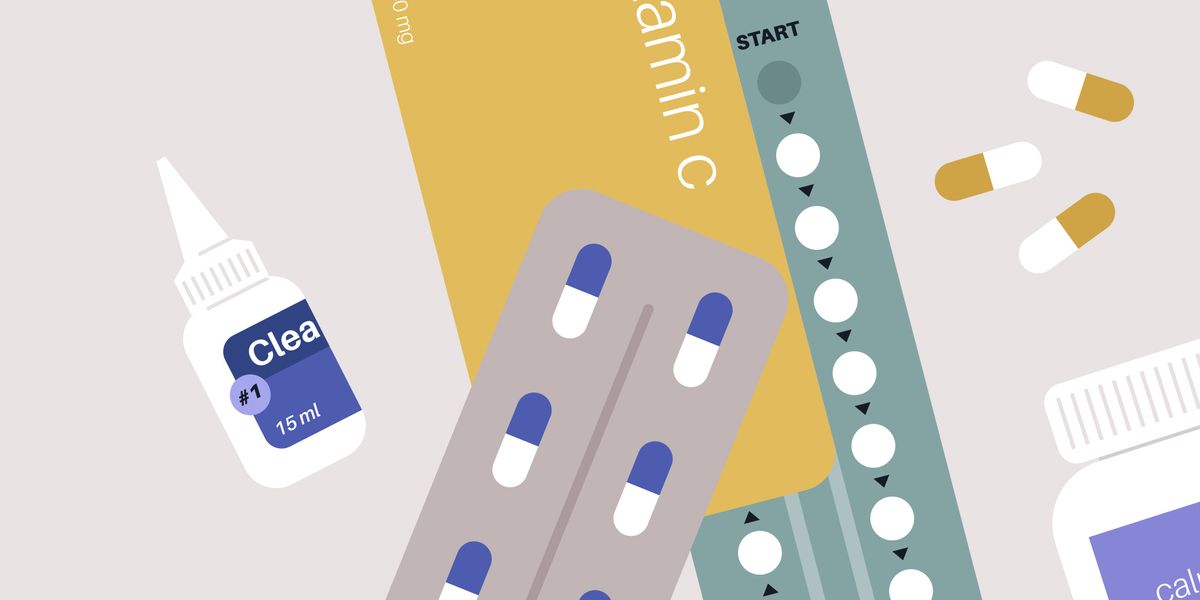Symlin is an amylin analogue, which is a synthetic version of the natural hormone amylin.
It can be taken as an additional treatment to insulin but it is important to monitor blood glucose levels regularly to prevent hypoglycemia occurring.
Symlin is currently not available on prescription on the NHS
About Symlin
- Trade name: Symlin
- Generic name: Pramlinitide
- Drug class: Amylin analogues
- Manufacturer: Bristol Myers-Squibb
How does Symlin help people with diabetes?
Symlin can be helpful for people with type 1 and type 2 diabetes who have difficulty keeping blood sugar levels within the target guidelines after meals.
Symlin can also help to improve satiety after meals and reduce appetite which may be useful for people struggling to maintain a healthy body weight.
Mechanism of action
Pramlintide is a synthetic form of the hormone amylin, which works to reduce post meal blood glucose levels by:
- Inhibiting the action of glucagon
- Slowing the rate of digestion
Glucagon is the hormone which works in tandem with to insulin to control blood glucose levels. Following meals, glucagon will be released by the liver to raise levels of glucose in the blood in order to aid digestion. This is helpful in people without diabetes but can be problematic for those of us with diabetes as it can result in blood glucose rising too high after eating.
By inhibiting glucagon, amylin helps to prevent the liver from releasing glucose into the blood. Amylin also helps to slow down emptying of the stomach and the absorption of food in the small intestine. The hormone also has benefits in helping to reduce appetite.
Who is pramlintide suitable for?
Pramlinitide can be taken by people with either type 1 diabetes or type 2 diabetes that are on insulin and have persistent hyperglycemia after meals.
It is currently available to diabetic patients in the United States but is yet to be recommended for use on the NHS.
Who should not take Symlin?
Pramlintide can significantly increase the likelihood of hypoglycemia and so care needs to be taken when taking pramlintide.
Before taking pramlintide, your doctor must know if you:
- Have impaired awareness of hypoglycaemia
- Are pregnant, planning to become pregnant or breastfeeding
- Are allergic to metacresol
- Have or have had gastroparesis
- Are taking antidepressants or antihistamines
How to take pramlintide
Pramlintide is taken as a subcutaneous injection, meaning that it is injected – either by syringe or with a SymlinPen – into the fatty tissue underneath the skin.
It is taken before meals that include either:
- 250 calories or greater
- 30 grams of carbohydrate
If you miss a dose, monitor your blood glucose levels and wait until before your next meal to resume your treatment.
Taking symlin can reduce the amount of insulin you need to take. If you have any questions regarding insulin doses and Symli, speak to your diabetes care team.
What to do if you take an overdose of Symlin Call your healthcare team for advice immediately if you take a larger-than-recommended dose of Symlin. In the event of an overdose, you may notice signs including diarrhoea, vomiting and dizziness.
It is important to be careful with taking the right dose of insulin when on symlin to prevent the risk of hypoglycemia occurring.
Side effects
Adverse effects of symlin medication can include:
- Redness or swelling at the injection site
- Stomach pain or indigestion
- Nausea
- Loss of appetite
- Sore throat and/or coughing
- Pain in the joints
A complete list of side effects can be found will be included in the guidelines in the patient information leaflet that comes with the medication.
Symlin can increase the likelihood of experiencing hypos, therefore it is important to be aware of the symptoms of hypoglycemia and have a source of fast acting carbohydrate with you in case your blood glucose levels drop too low.
It is advisable to test blood glucose levels before and after each meal and before sleeping when using pramlintide.







